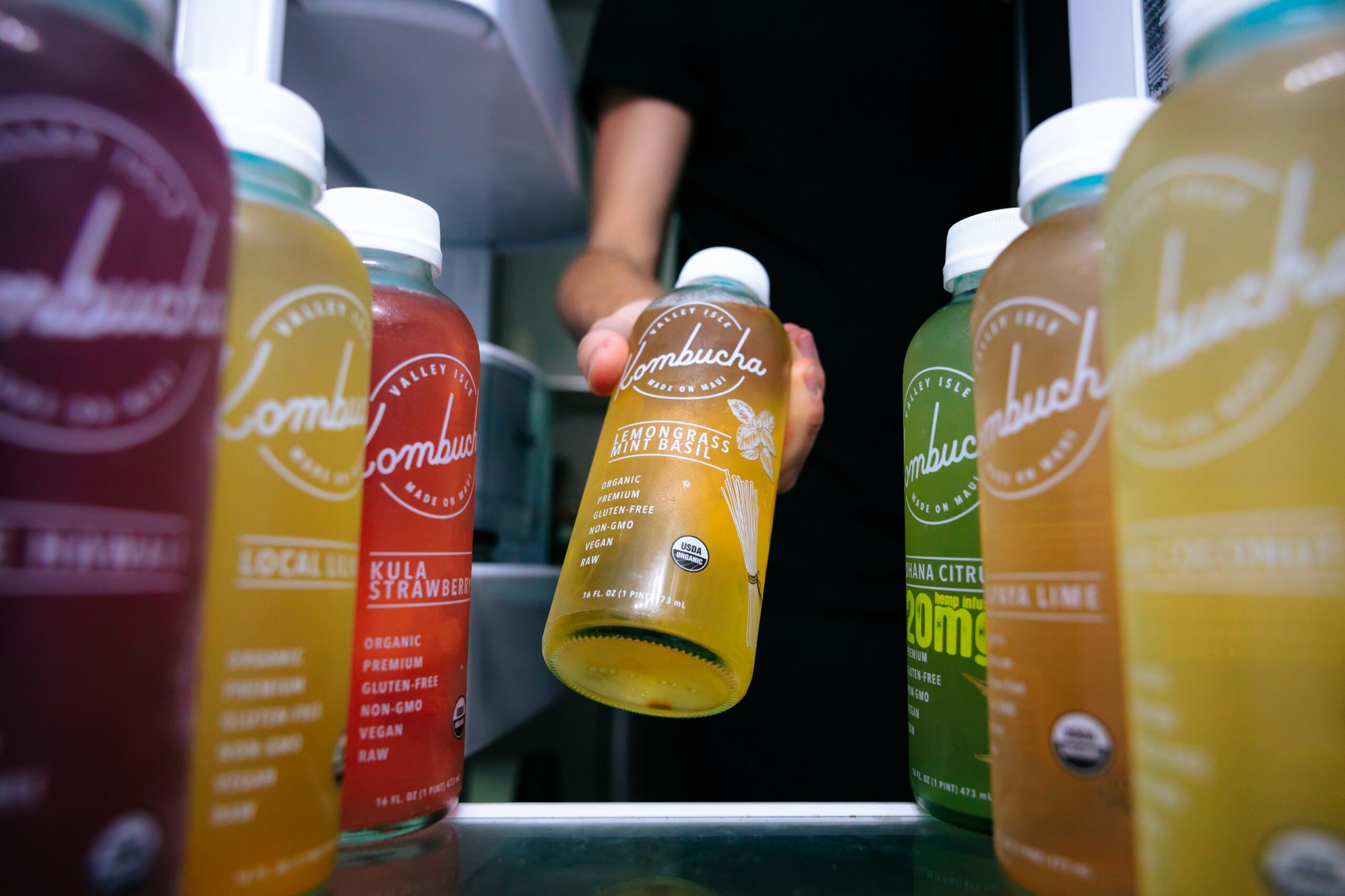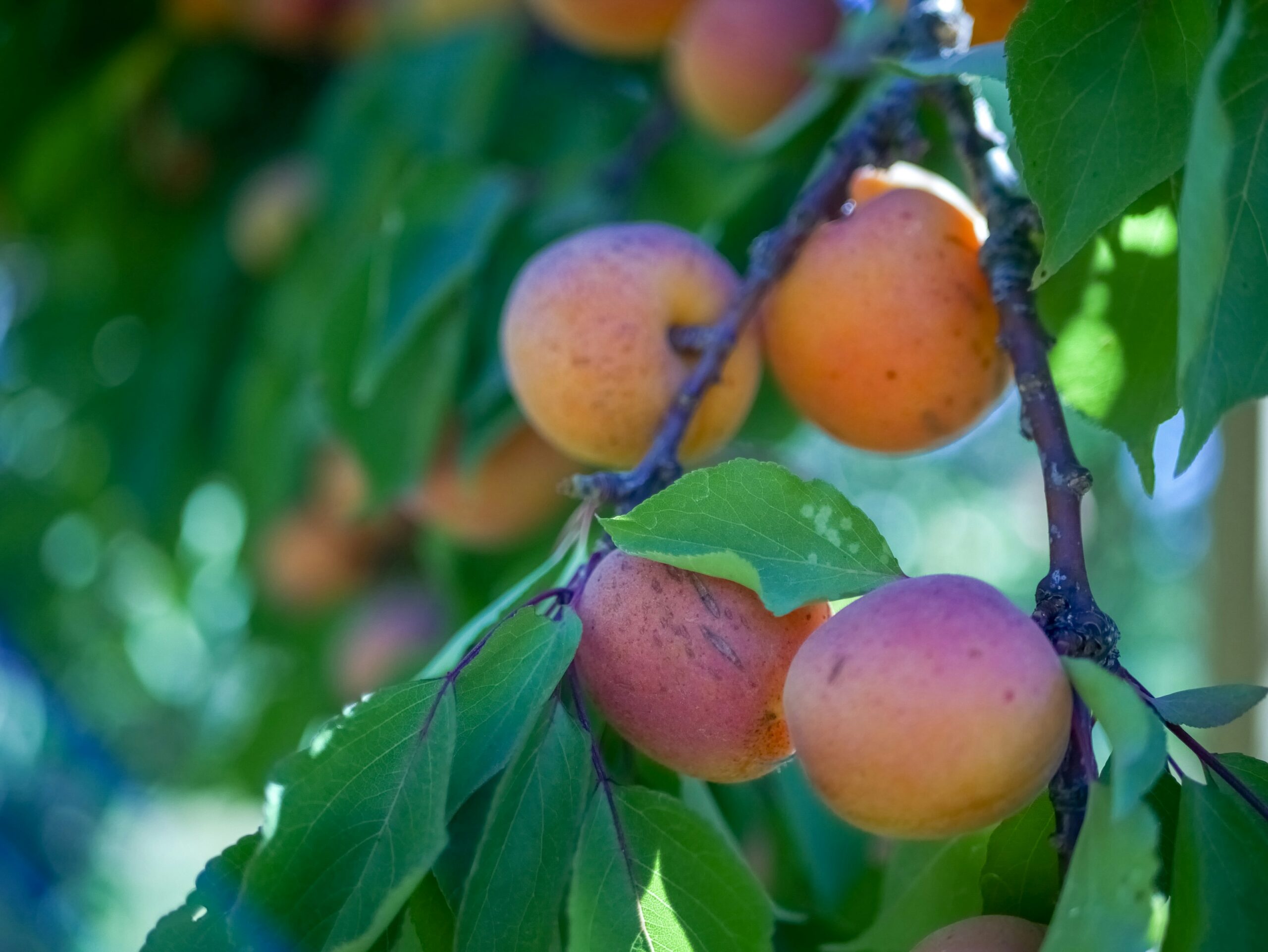Kombucha, an effervescent and tangy fermented tea beverage, has captivated the taste buds of health-conscious consumers worldwide, propelling the market to remarkable heights. This ancient elixir, with mysterious roots tracing back to China over 2,000 years ago, has undergone a renaissance, transcending its humble origins to become a $640 million dollar industry—according to data from Circana.
The origins of kombucha are shrouded in legend, and the drink’s murky beginnings remained in relative obscurity—at least to western palates—until its rediscovery in the 20th century in something of a cultural phenomenon. Accounts from Italy tell of parishioners blending the fermented tea with holy water, believing it would enhance the beverage’s purported healing effects.
The craze even inspired Italian singer Renato Carosone’s 1955 hit “Stu Fungo Cinese!” which translates to “The Chinese Fungus!”—an unlikely ode to kombucha’s growing popularity.
Today, the global kombucha market is projected to reach an impressive $5.9 billion by 2029, growing at a staggering compound annual growth rate of 19.4% from 2024 to 2029, according to a report by MarketsandMarkets. This meteoric rise can be attributed to several factors including a desire for less sugary beverages and increasing consumer awareness of the potential health benefits of probiotics.
Despite the hype, some scientists are skeptical about whether the probiotic content in kombucha can withstand the highly acidic environment of the stomach in large enough quantities to meaningfully affect the gut microbiome.
Flavors Galore: Catering to Diverse Palates
One of the driving forces behind kombucha’s widespread appeal is its versatility in flavors. While the traditional, unflavored variety remains a staple, the market has witnessed a surge in demand for flavored kombucha, offering a diverse array of taste profiles to cater to varying consumer preferences. From fruity and floral to spicy and tangy, the range of flavors is vast, enticing both seasoned kombucha enthusiasts and newcomers alike.
Innovative flavor combinations such as hibiscus and ginger or lavender-lemon have become increasingly popular, reflecting the growing culinary exploration and experimentation among consumers. These unique blends not only tantalize the taste buds but also offer additional nutritional benefits, further fueling the appeal of flavored kombucha.
Sustainable and Ethical Practices: A Growing Priority
As consumer awareness of environmental and social issues grows, the kombucha industry is placing greater emphasis on sustainable and ethical practices throughout its supply chain. Brands are increasingly sourcing organic and fair-trade ingredients and implementing eco-friendly packaging solutions.
Transparency and traceability in the production process have become paramount as consumers seek brands that align with their values and prioritize responsible business practices. With its unique blend of ancient traditions, modern health trends, and innovative flavors, the kombucha market is poised to continue its upward trajectory, captivating the palates and hearts of health-conscious consumers worldwide. As this fermented elixir continues to evolve, it serves as a testament to the enduring appeal of natural, probiotic-rich beverages and the industry’s ability to adapt to changing consumer preferences.











